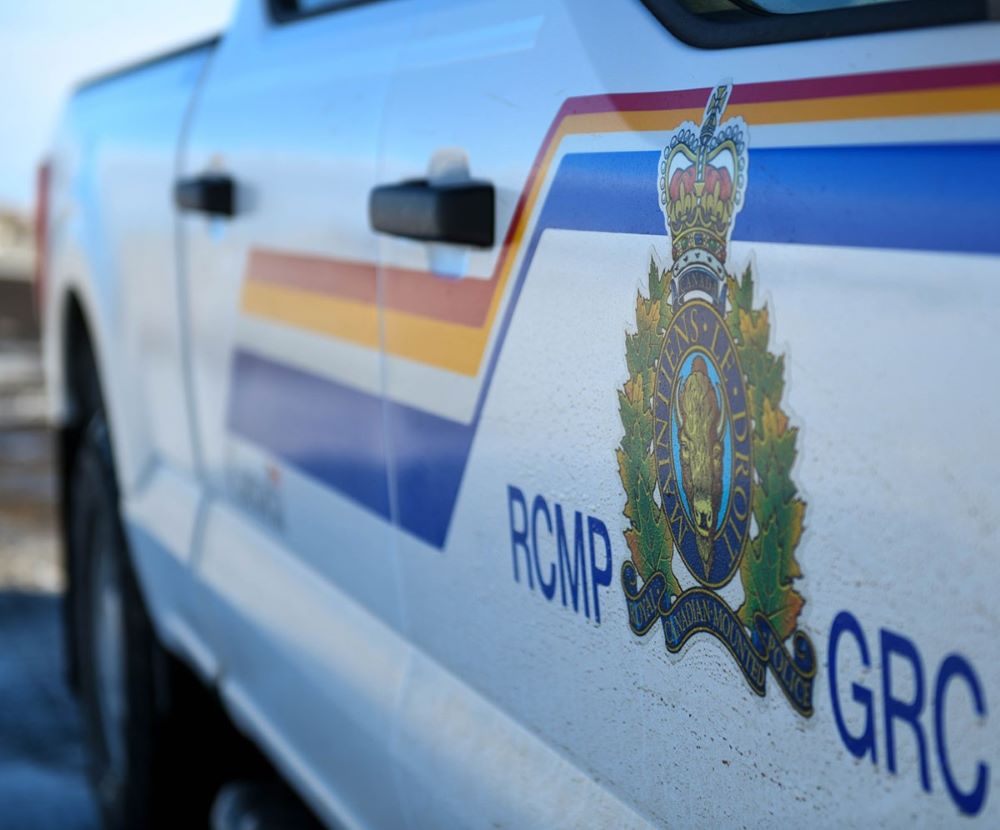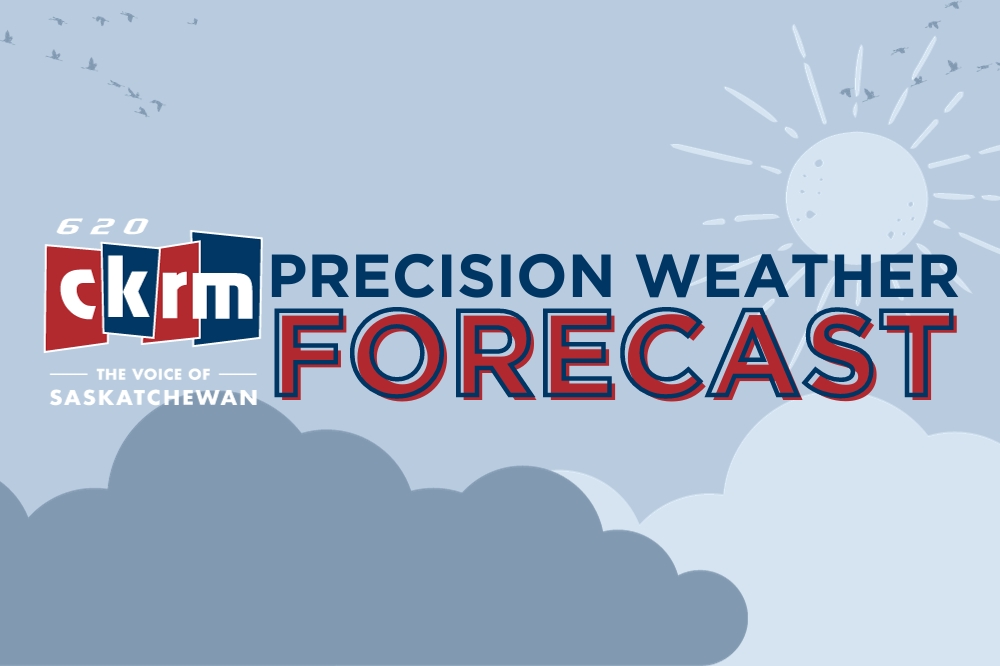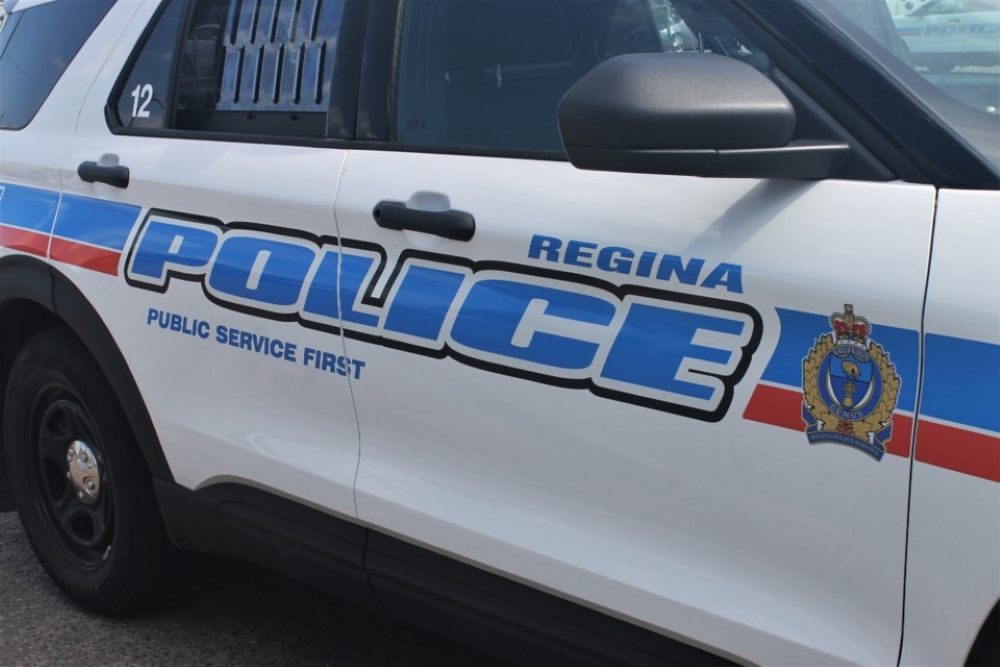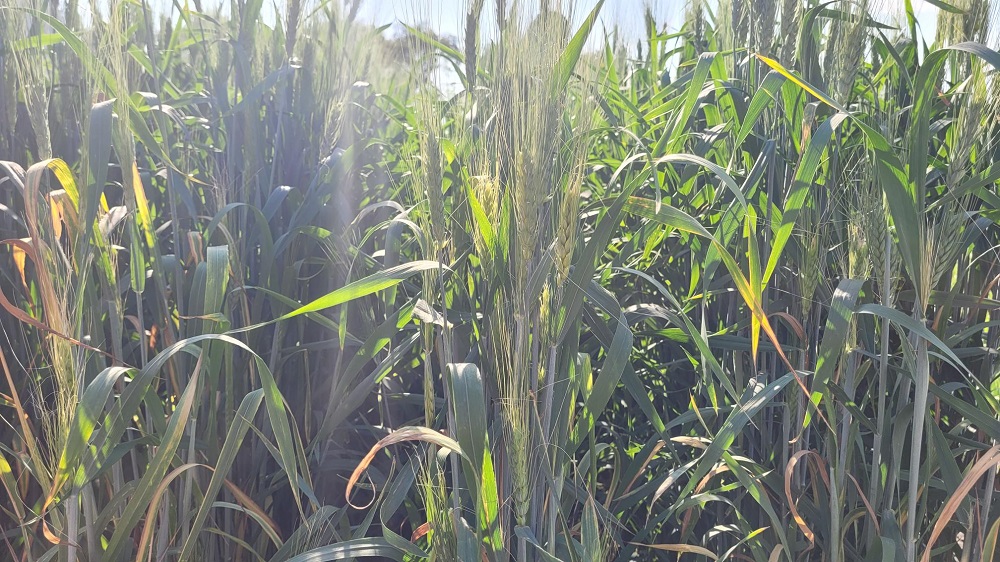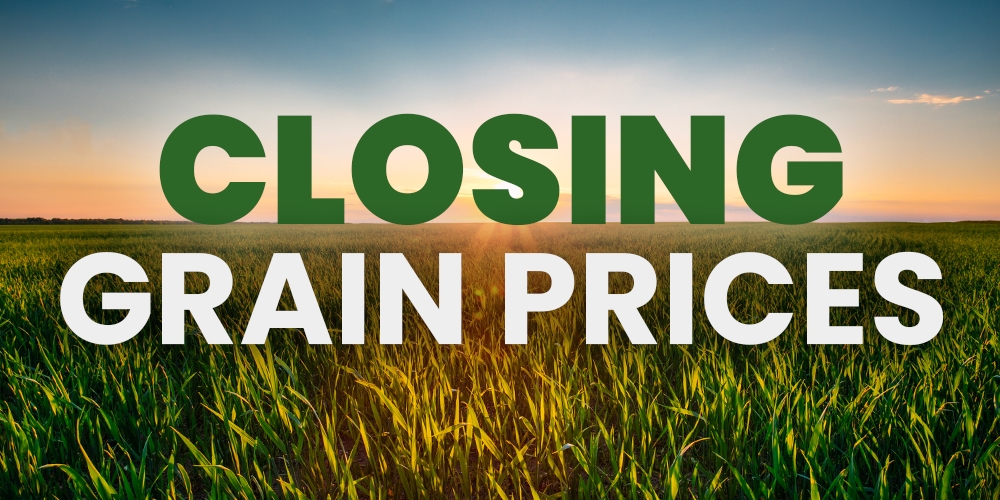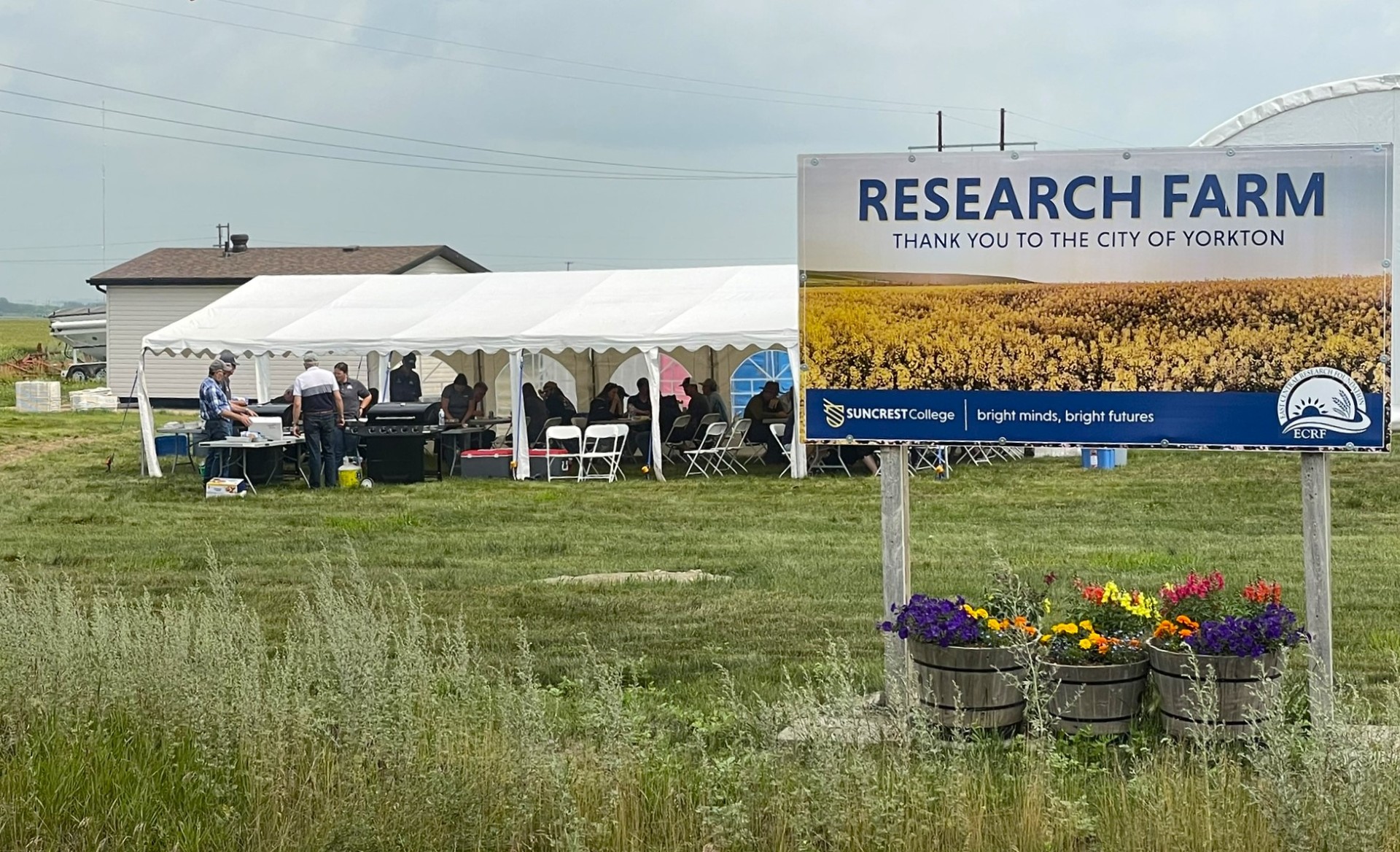It’s election day in Alberta in what polls suggest could be a nail-biter finish between the province’s two dominant parties.
Danielle Smith’s United Conservative Party is fighting to win a second consecutive majority government, while Rachel Notley’s NDP is trying to regain the government it lost to the UCP in 2019.
Both leaders have been premier and leaders of the official Opposition.
Advance polls suggest voter turnout will be heavy.
“For the second election in a row we have seen record-breaking voter turnout during advance voting days,” Glen Resler, chief electoral officer for Elections Alberta, said in a release Monday.
In the 2019 election, 700,476 ballots were cast during five days of advance voting. This year’s total was at least 758,550.
Calgary has been seen as the battleground during this campaign and five of the top 10 advance polling stations were in that city. Two were in Edmonton suburbs.
To win, the NDP would have to continue its dominance in Edmonton, flip the majority in Calgary and hope for some help in smaller cities, while defeating scores of UCP incumbents including cabinet ministers.
The NDP needs to swing 20 seats in the 87-seat legislature.
Polls suggest the UCP should continue its near total domination in rural areas and smaller centres, giving it a cushion of up to 40 or so seats to reach the threshold of 44 needed to form a majority government.
The month-long campaign has been dominated by the economy and health care.
Albertans are struggling with high costs for consumer goods, a shortage of family doctors and long waits in emergency rooms.
Smith has promised to keep Alberta the lowest tax regime in Canada.
Her government, she says, would introduce a law to mandate a binding referendum before any personal or corporate income tax hikes. There would also be tax changes to benefit those making more than $60,000 a year, at a cost of $1 billion annually to the treasury.
The NDP is also promising to maintain Alberta’s status as Canada’s lowest tax regime. It has pledged to end the tax on small businesses and raise the corporate income tax to 11 per cent from eight per cent, which it says would help pay for investments while maintaining the lowest corporate rate in Canada.
The NDP also promises legislation this summer to counteract UCP policies that hiked the cost of utilities, auto insurance, a range of fees and tuition.
Both leaders have promised to preserve the publicly funded health system while creating more primary care teams — physicians accompanied by related specialists such as nurses and therapists — so more Albertans are able to access a family doctor and not clog emergency wards for care.



